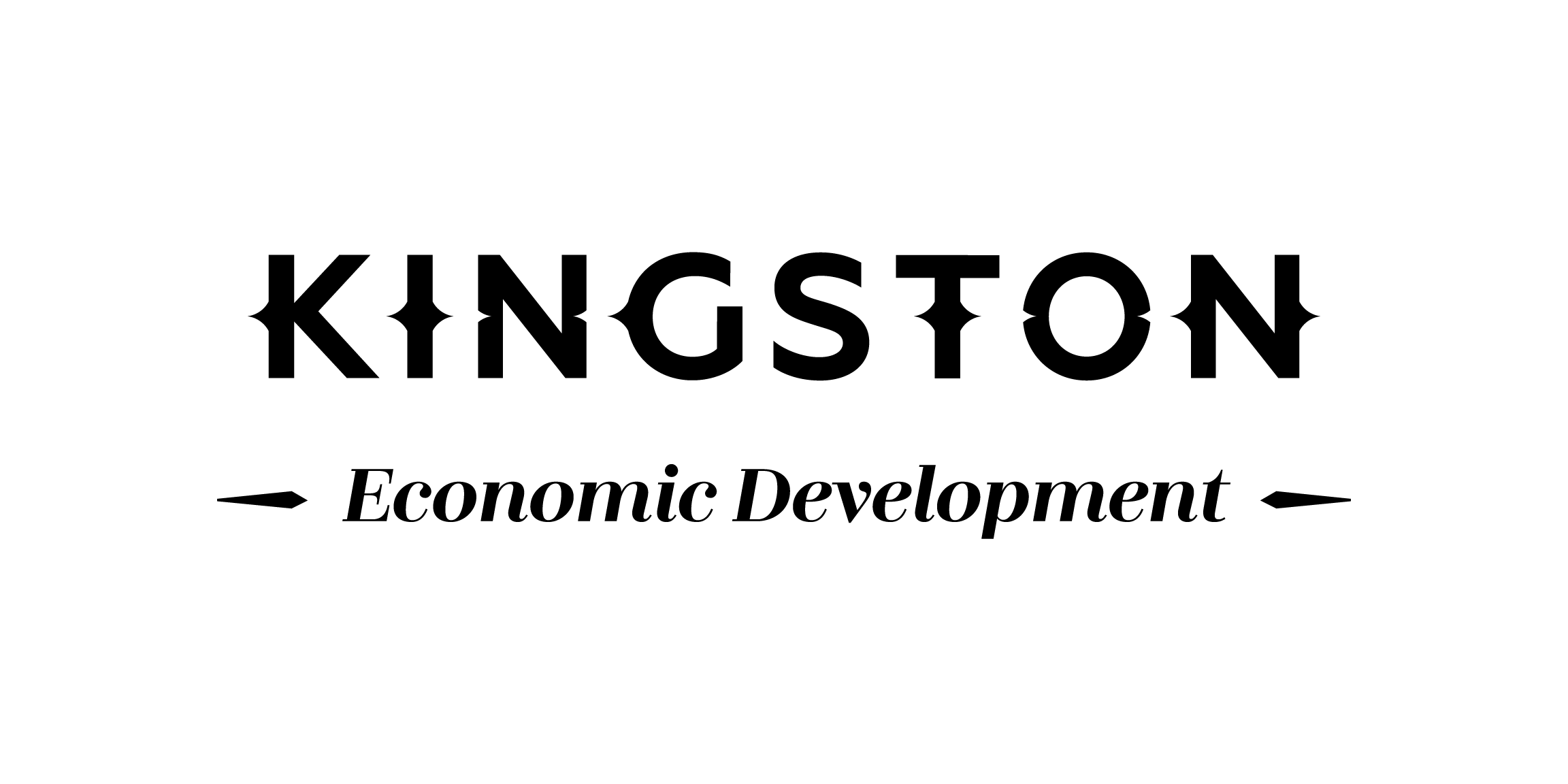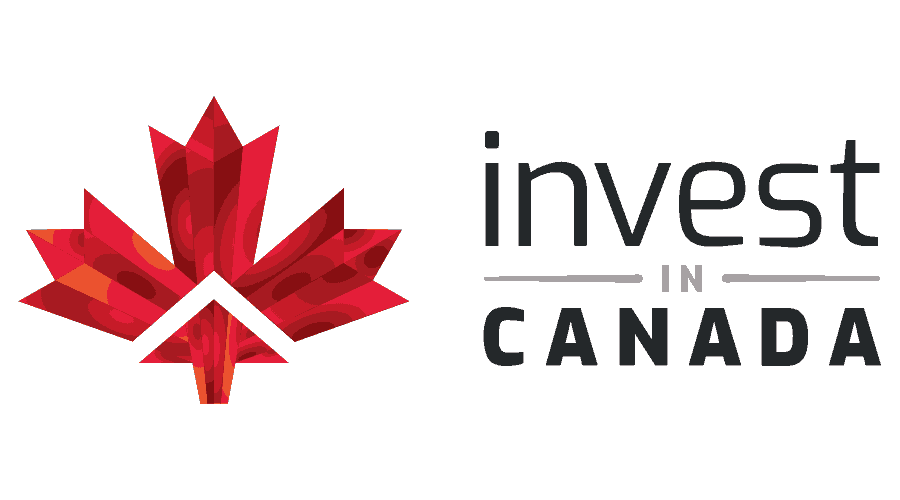
When the world’s first generation of e-vehicles are towed into scrapyards this decade, an innovative facility in Kingston is ready to recycle their massive lithium-ion batteries — and reclaim thousands of tons of their valuable components.
Li-Cycle (NSE: LICY), a new generation “urban mining company” with more than 20 patents, has just wrapped up a pilot project in the city that proves it can recover 95% of a lithium-ion battery’s useful material, including carbonates (manganese and lithium) and sulphates (nickel and cobalt) and refine it for sale back to the manufacturers of new EV batteries. The investment world recognized its innovation earlier this year with an IPO that gives it a $1.55 billion valuation.
Having demonstrated that it can retrieve valuable resources effectively through a non-polluting, hydrometallurgical/wet chemistry process, Li-Cycle is now sharing those results with potential partners and customers around the world. Its first LI battery waste refinery — the final stage of its two-step recycling process — will be completed in Kingston next year with a capacity to process 120,000 electric-vehicle battery packs annually.
In the meantime, Li-Cycle’s new Kingston plant has capacity to grind up 5,000 tonnes of batteries a year, making it the continent’s largest LI battery recycler. Its mechanical process allows for the recovery of such valuable materials as lithium, nickel, cobalt, copper and aluminum that will be recovered at its new refinery.
The eastern Ontario plant is the first of 20 regional recycling “spokes” located across North America that by 2025 will supply raw material to Li-Cycle’s “hub” refineries in Kingston and three other cities.
Li-Cycle now has three dozen employees at its Kingston research and processing facility. Early work on its operations also involved two other Kingston companies. Kingston Process Metallurgy Inc. assisted Li-Cycle in scaling up from concept to commercialization; Green Centre Canada helped with Li-Cycle’s refining process in its testing labs. And local firm BGM Metalworks is producing modular units for use in Li-Cycle’s new American facilities.
Li-Cycle CEO and co-founder, Ajay Cochar, says, “Kingston will continue to be central to our core business as both an operational asset and a facility where we develop, enhance, and improve our technologies.”







